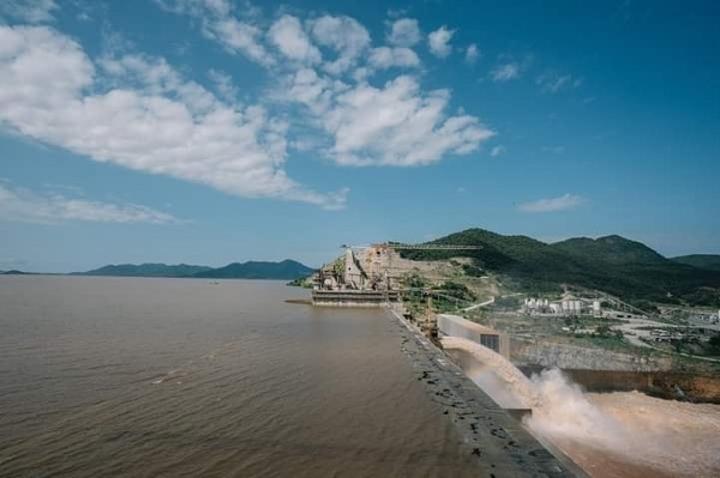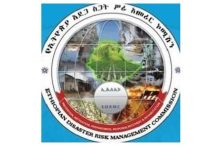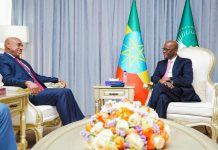Africa-Press – Ethiopia. Renowned Ethiopian water experts urged Egypt and Sudan to reduce wasting the Nile River water over consumptive agricultural use and cooperate with Ethiopia for Integrated Water Resource Management System to sustainably develop and use the water resources.
Water Supply and Environmental Engineering Assistant Professor at Hawassa University, Mihret Dananto told ENA that the lower riparian countries, particularly Egypt and Sudan, use of water is consumptive and the countries are non-collaborative for cooperative frameworks.
The countries, especially Egypt, have been using the river’s water in a consumptive way for decades contrary to Ethiopia’s ongoing development of the hydro-dam for non-consumptive use, he stated.
According to him, Egypt wastes huge amount of the water from the river in its arid lands by using it for irrigational activities, exposing it to evaporation and pollution.
“Egypt evaporates over 10 billion cubic meters of water per year from its land, which could cover about 30 percent of Ethiopia’s annual water usage,” he noted.
Mihret said Sudan’s use of the water is also consumptive and needs to reduce it alongside the sedimentation and flooding problem.
The lower riparian countries, despite their hegemonic and wasteful use of the Nile River waters for decades under the disguise of their colonial era treaties, have been non-collaborative for cooperative development frameworks of the river’s water resource with Ethiopia, particularly to the Nile Basin Initiative and the Cooperative Framework Agreement, according to him.
“The riparian countries, besides using the resource for decades, are not doing much in conserving and protecting the water, especially Egypt is polluting and evaporating the water,” he said.
Urging the countries to cooperate for Integrated Water Resource Management System to develop and utilize the resource fairly and sustainably, the expert noted even other countries with similar trans-boundary rivers are implementing adoptive Integrated Water Resource Management System.
He further added that despite the lower riparian dams and wasteful usage of the water, Ethiopia is developing dams that regulate the stable flow of water after ventilating turbines which helps reduce sedimentation, evaporation and pollution.
Hawasa University Department of Irrigation and Water Resources Engineering Associate Professor Moltot Zewdie said the lower riparian countries have to reduce wasting water and collaborate for cooperative frameworks with Ethiopia to develop and use the water resource.
“The land is in Ethiopia and the water emanates from the country doesn’t mean we have all the responsibility to protect the vast basin and the lower riparian have sole right to use the water. They have to support,” he stressed.
Ethiopia’s stand to use the water in a cooperative and fair way is appreciated as it has never entered binding agreement on the river issue before unlike the lower riparian countries, he noted.
Moltot stressed the need to develop the vast basin in a collaborative manner to prevent water wastage, soil erosion, flooding and desertification, with aggressive and huge reforestation activities.
Noting the responsibility of all the countries in the basin to undertake different activities to prevent the basin, he pointed out the need for an integrated plantation campaigns by the countries.
The expert believes the hydro-electric dam which will store huge amount of water in its reservoir, will benefit both Sudan and Egypt by stably regulating the flow of the water after generating the hydroelectric power.






